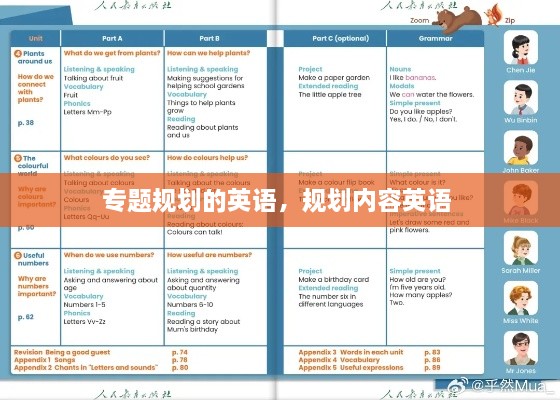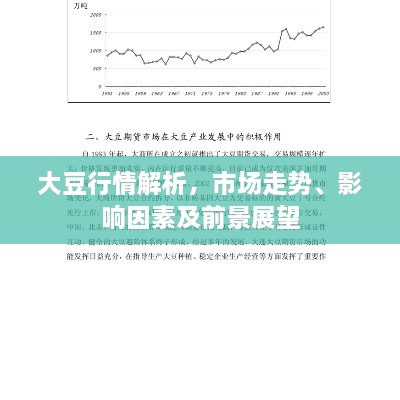<!DOCTYPE html>
<html lang="en">
<head>
<meta charset="UTF-8">
<meta name="viewport" content="width=device-width, initial-scale=1.0">
<title>专题规划的英语表达</title>
</head>
<body>
<h2>Introduction to Specialized Planning</h2>
<p>
Specialized planning, a term often used in various fields such as urban development, project management, and environmental science, refers to the process of creating detailed strategies and blueprints to address specific needs and objectives. In the English language, this concept is conveyed through a variety of terms and phrases that emphasize the precision, specificity, and strategic nature of the planning process.
</p>
<h2>Key Terminology</h2>
<p>
Understanding the terminology is essential for anyone involved in specialized planning. Here are some of the key terms used in English:
<ul>
<li><strong>Master Plan:</strong> A comprehensive plan that outlines the long-term development and management of a particular area or project.</li>
<li><strong>Strategic Plan:</strong> A document that sets out the overall direction and goals of an organization or project, usually spanning several years.</li>
<li><strong>Feasibility Study:</strong> An investigation to determine whether a project is viable in terms of technical, economic, and operational factors.</li>
<li><strong>Conceptual Design:</strong> The initial phase of planning where ideas and potential solutions are explored and evaluated.</li>
<li><strong>Implementation Plan:</strong> A detailed plan that outlines the steps required to execute a project or initiative.</li>
<li><strong>Monitoring and Evaluation:</strong> The process of assessing the progress and impact of a plan or project to ensure that it is meeting its objectives.</li>
</ul>
</p>
<h2>Types of Specialized Planning</h2>
<p>
Specialized planning can encompass a wide range of disciplines and sectors. Here are some common types:
<ul>
<li><strong>Urban Planning:</strong> The planning and design of the physical and social aspects of the urban environment.</li>
<li><strong>Environmental Planning:</strong> The integration of environmental considerations into the planning process to ensure sustainable development.</li>
<li><strong>Transportation Planning:</strong> The design and management of transportation systems to meet the needs of people and goods.</li>
<li><strong>Healthcare Planning:</strong> The development of strategies to improve access to healthcare services and enhance patient outcomes.</li>
<li><strong>Education Planning:</strong> The planning of educational systems and resources to meet the needs of students and communities.</li>
<li><strong>Project Management:</strong> The application of knowledge, skills, tools, and techniques to meet project requirements.</li>
</p>
<h2>Challenges in Specialized Planning</h2>
<p>
Specialized planning often faces significant challenges due to the complexity and interdependencies of the systems being planned. Some of the common challenges include:
<ul>
<li><strong>Complexity:</strong> The intricacy of the systems being planned, such as urban infrastructure or healthcare networks, can make it difficult to develop effective strategies.</li>
<li><strong>Political and Social Factors:</strong> The influence of political decisions and public opinion can affect the feasibility and success of planning initiatives.</li>
<li><strong>Resource Constraints:</strong> Limited financial, human, and material resources can restrict the scope and scale of planning projects.</li>
<li><strong>Technological Advances:</strong> The rapid pace of technological change requires planners to stay updated and adapt their approaches accordingly.</li>
<li><strong>Climate Change:</strong> The impact of climate change necessitates the inclusion of climate resilience in planning processes.</li>
</ul>
</p>
<h2>Best Practices in Specialized Planning</h2>
<p>
To overcome the challenges and ensure the success of specialized planning initiatives, it is important to follow best practices:
<ul>
<li><strong>Engagement:</strong> Engage with stakeholders early and throughout the planning process to ensure their needs and concerns are addressed.</li>
<li><strong>Innovation:</strong> Encourage the use of innovative approaches and technologies to address complex challenges.</li>
<li><strong>Transparency:</strong> Maintain transparency in the planning process to build trust and credibility with stakeholders.</li>
<li><strong>Flexibility:</strong> Be prepared to adapt plans in response to changing circumstances and feedback.</li>
<li><strong>Evidence-Based Decision Making:</strong> Base decisions on reliable data and research to ensure the effectiveness of the转载请注明来自固定资产管理系统,本文标题:《专题规划的英语,规划内容英语 》
百度分享代码,如果开启HTTPS请参考李洋个人博客














 蜀ICP备2022005971号-1
蜀ICP备2022005971号-1
还没有评论,来说两句吧...